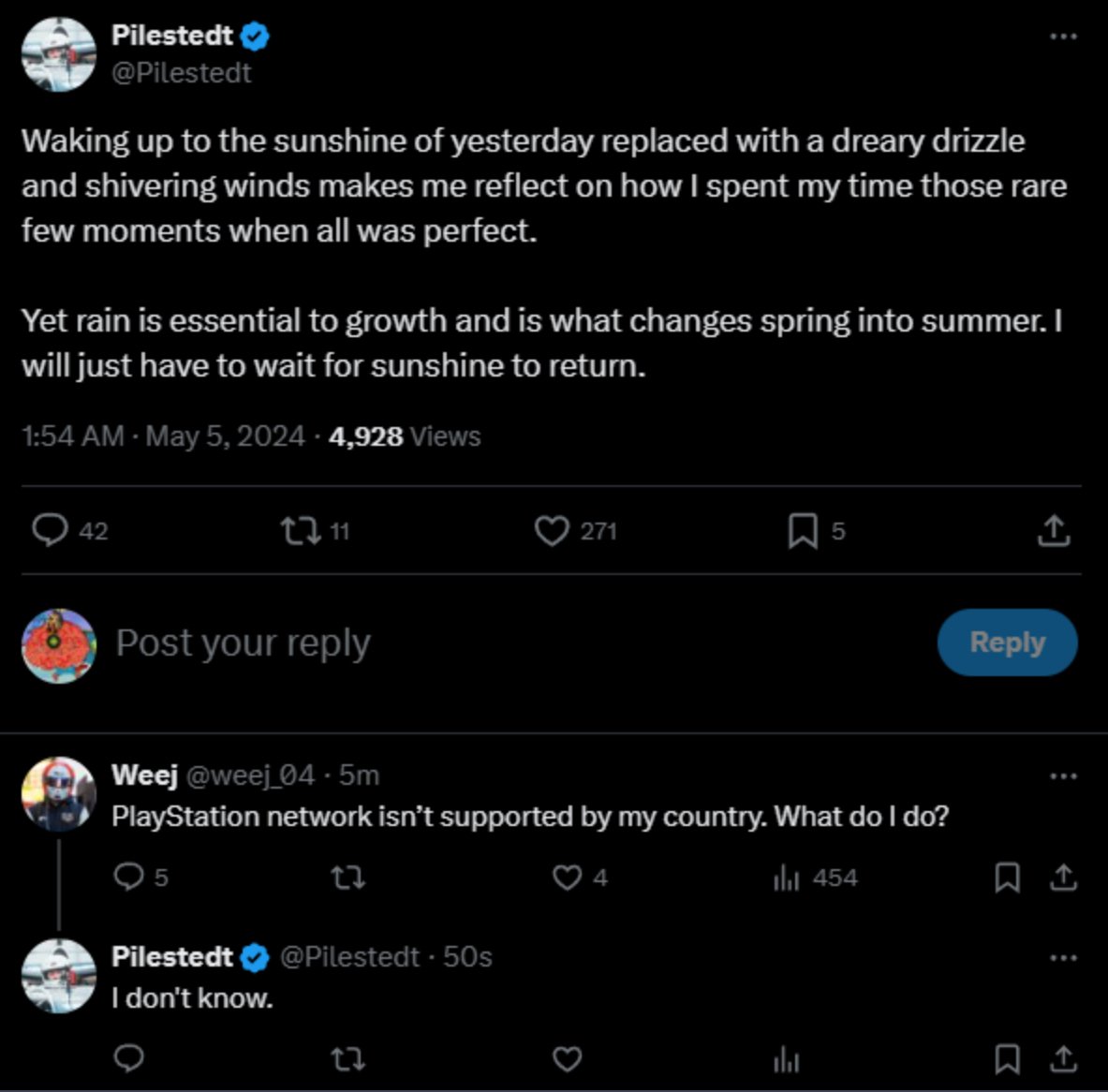965
you are viewing a single comment's thread
view the rest of the comments
view the rest of the comments
this post was submitted on 05 May 2024
965 points (97.7% liked)
Games
32977 readers
1419 users here now

Welcome to the largest gaming community on Lemmy! Discussion for all kinds of games. Video games, tabletop games, card games etc.
Weekly Threads:
Rules:
-
Submissions have to be related to games
-
No bigotry or harassment, be civil
-
No excessive self-promotion
-
Stay on-topic; no memes, funny videos, giveaways, reposts, or low-effort posts
-
Mark Spoilers and NSFW
-
No linking to piracy
More information about the community rules can be found here.
founded 2 years ago
MODERATORS

Yes, when you own the thing you can say no to selling it. Why is this point so hard to understand? Even if you don't have a monopoly or even if your product sucks you get to say no.
It's not, they're making a separate but contiguous point about how the market naturally incentivizes shittier tactics from it's participants, and how Steam, Valve, and Gaben are exceptions to the rule.
The point I'm making is that let's say Gaben did not have the headstart or the loyal player base. What is Steam or Valve? Its customer base or market share? Those are for sale, they can be bought with "free" services, exclusive deals with publishers, or other fuckery. Its team and employees? How would you pay them without revenue if someone else is price dumping the market?
Yes, Gaben could keep the logo with the bald guy with the valve on his head, but that's pretty much it. Everything else he has to fight for, invest in, keep alive. And the opponent, Wall Street, has literally unlimited money.
What I'm saying is that it's not as simple as "just don't sell out". And I'm speaking from experience, not as the sellout guy, but as the employee where the company was sold out from over me a few times already.